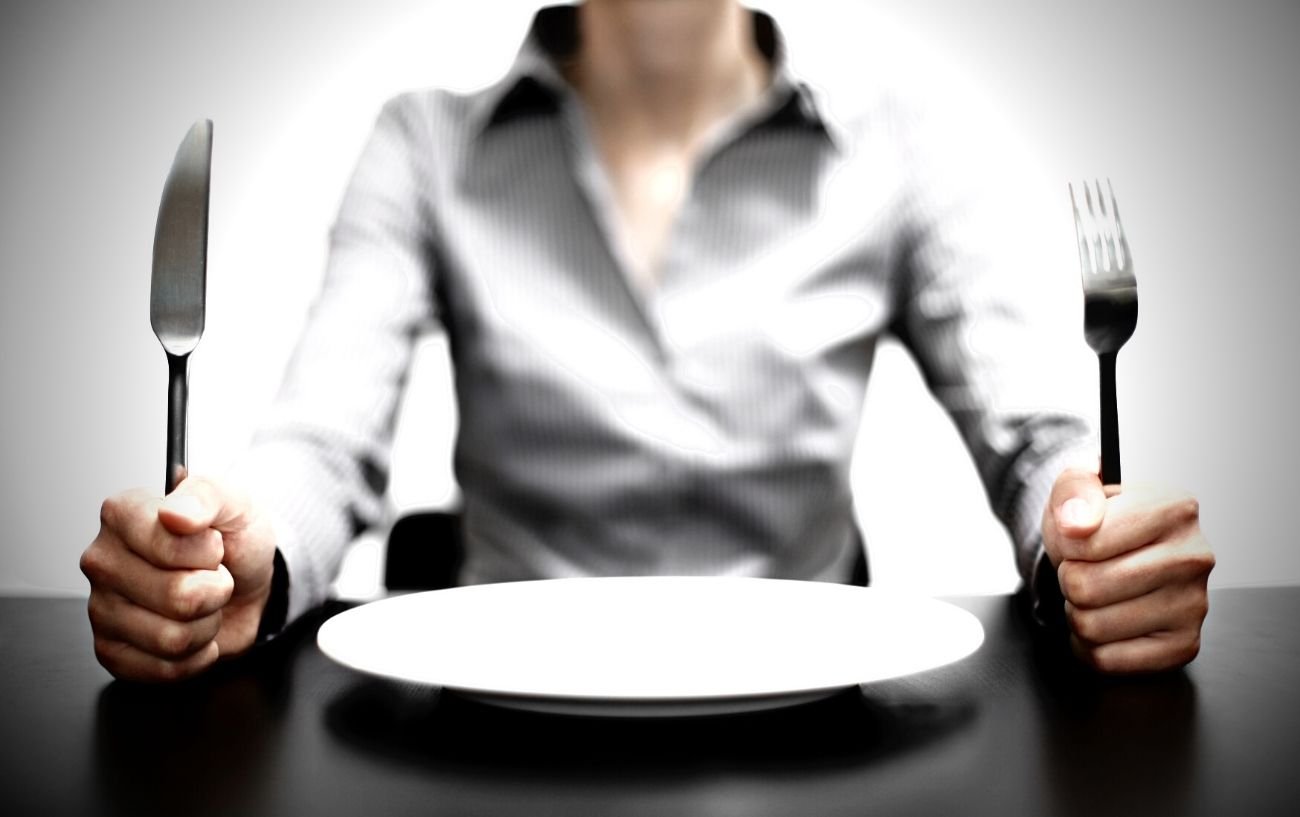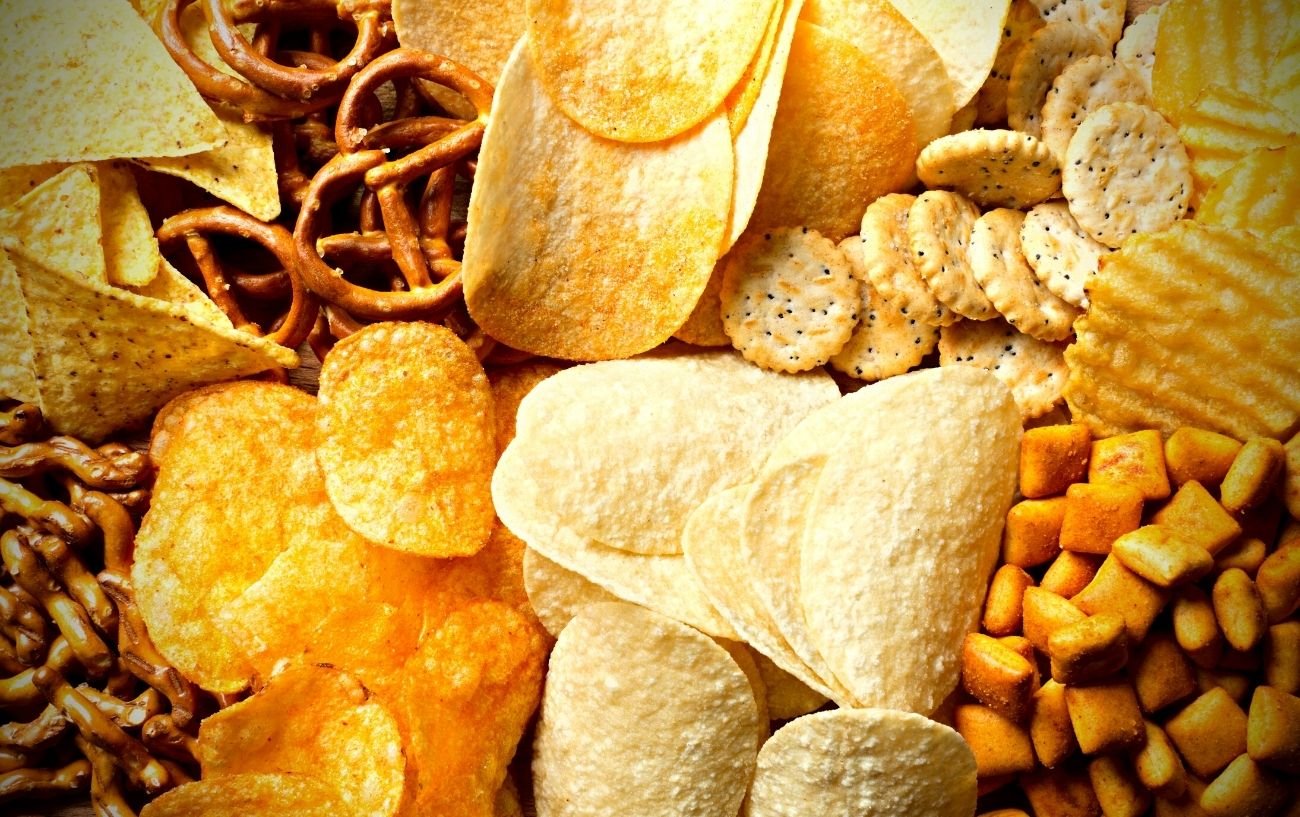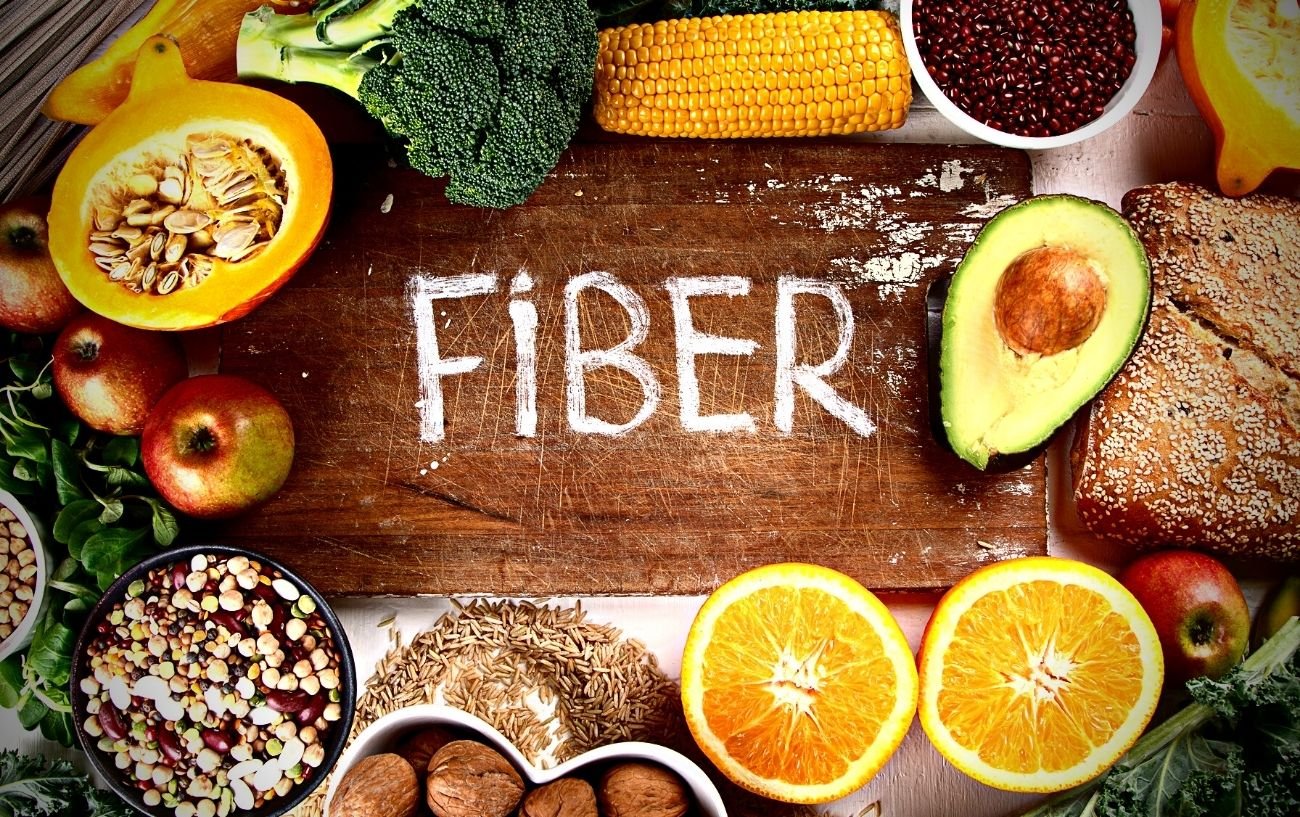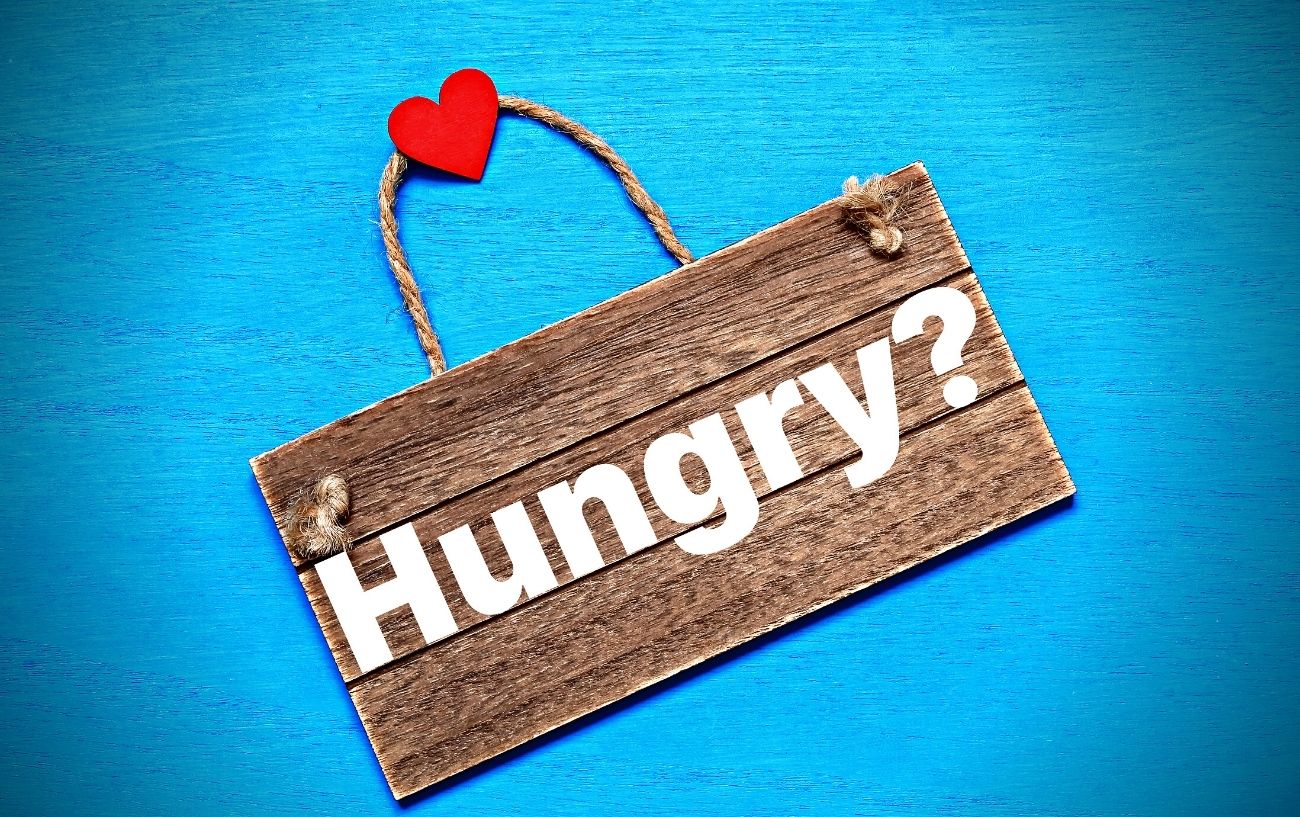Hunger is certainly not a comfortable sensation, and as a majority of people are either trying to lose weight or maintain their weight rather than gain weight, hunger is also usually an unwelcome feeling because it can lead to more eating and a higher caloric intake.
Of course, hunger has a valuable biological purpose, as it is an integral survival mechanism. If we did not experience hunger, we might not remember to eat enough nor consume enough energy to support our body’s needs, putting our health and life in jeopardy.
However, with the abundance, convenience, and availability of calories from all sorts of foods these days, true starvation is thankfully not a risk for many fortunate people, and most of us are eating enough calories on a daily basis.
With that said, some people still feel like they are constantly hungry or perhaps suddenly hungry all the time, asking questions like, “Why am I hungry all the time?”
In this article, we will discuss 12 possible reasons for feeling hungry all the time or like you’re constantly hungry despite eating what seems to be an adequate diet.
Let’s get started!

Why Am I Hungry All the Time?
For some people, it seems like soon after finishing a meal, they feel hungry again despite eating a seemingly reasonable amount of food.
You may experience this insatiable appetite as a rumbling or growling stomach, or your stomach may even feel gnawingly empty and unsatisfied.
Feeling constantly hungry can be distracting, frustrating, and tiring.
There are several potential reasons why you are suddenly hungry all the time.
In many cases, constant hunger is due to deficiencies in your diet and poor food choices, but there can also be several medical conditions and lifestyle causes.
Here are some of the more common reasons why you might be excessively hungry or like your appetite is out of control.

#1: You Aren’t Eating Enough Protein
One of the most common reasons why you may feel hungry all the time is that you aren’t getting enough protein in your diet.
Protein has been shown to help control appetite by increasing the production of a hormone called peptide YY.
Additionally, evidence suggests that a high-protein diet may support weight loss by decreasing the production of the “hunger hormone“ ghrelin and boosting metabolic rate.
In order to maximize the appetite-controlling benefits of protein, it’s not just a matter of getting enough total protein during the day for your body size and activity level but also making sure you space out your protein dosing in regular, frequent intervals throughout the day.
Aim for 20-25 grams of protein per meal.
Indeed, studies have found that eating more protein can reduce appetite and decrease thoughts and cravings for food.
For example, one small study found that men who were overweight and ate more protein over a 12-week intervention experienced a significant decrease in the impulse to have late-night snacks versus the group who ate fewer calories from protein.

#2: You Aren’t Eating Enough Fat
Protein is typically the macronutrient people think of when trying to consider why they may be hungry all the time, but fat also plays a significant role in satiety.
Fat takes a long time to digest, so it can help you feel full for a long time. It can also stimulate the secretion of hormones that promote the feeling of fullness.
Therefore, low-fat diets have been shown to provide a less satiating effect than diets that provide more calories from fat.
For example, one large study investigating the effects of different diets in adults with obesity found that low-fat diets increased the cravings for high-sugar, high-carbohydrate foods and also increased appetite relative to diets that provided more fat and a lower percentage of calories from carbohydrates.
Although not all fats are healthy, particularly trans fats (and evidence is mixed about saturated fats), there are many healthy fats, such as monounsaturated fats and polyunsaturated fats, which include the anti-inflammatory omega-3 fatty acids.
These fats can be found in nutritious foods such as avocados, fatty fish like salmon and mackerel, nuts, flaxseeds, olives, and olive oil.

#3: You’re Eating Processed Foods
Refined carbohydrates, such as those found in white flour, white bread, white pasta, pastries, bagels, muffins, crackers, pretzels, and many breakfast cereals, are stripped of their fiber and protein.
Additionally, foods high in simple sugars, such as candy, fruit juice, soda, jams and jellies, cookies, fruit snacks, and granola bars, also contain little to no fiber or other nutrients to slow digestion.
As a result, eating meals and snacks that are high in simple sugars and refined grains can lead to a rapid rise in blood sugar because the constituent carbohydrate molecules are broken down very quickly into glucose and then enter the bloodstream all at once.
As a result of the sudden increase in blood sugar, the pancreas secretes a lot of insulin, as insulin is the hormone that is necessary for cells to take up glucose out of circulation for use.

However, particularly if your diet is habitually high in simple sugars and refined grains, the signaling between the blood sugar and insulin response can become somewhat salty in that an excessive amount of insulin is secreted in response to the blood sugar.
This causes too much blood sugar to be absorbed from the bloodstream, leading to something termed reactive hypoglycemia, which is more commonly thought of as the “blood sugar crash“ that can occur after a blood sugar spike.
The resultant feeling is one of fatigue and increased hunger, as low blood sugar causes the body to think that energy availability is low and that you need to eat more to boost energy again.
Another problem with eating a lot of refined grains and simple carbohydrates is that because they are inherently low in fiber, they do not provide a sense of fullness, which can leave you feeling like your stomach is still relatively empty even though you have consumed a fair number of calories.
One way to combat the feeling of constant hunger is to replace all refined grains with whole grains and focus on complex carbohydrates such as those found in vegetables, legumes, and fruit.
These foods are still considered high-carbohydrate foods, but they are nutrient-rich and higher in fiber, which will help manage your appetite while also slowing digestion and the release of glucose into the bloodstream.

#4: You Are Dehydrated
Most people have heard the weight loss tip to drink more water.
Being properly hydrated is not only important for maintaining the optimal health and function of every cell in your body, but it also can help you stay full. It is often said that people mistake thirst for hunger.
Moreover, studies have shown that drinking water within 30 minutes prior to a meal helps curb appetite and can decrease the number of calories that you end up eating during the meal.
In addition to drinking actual water, consuming foods with high water content, such as vegetables, fruits, and soups, will help you feel full after a meal, potentially delaying how long it takes until you feel hungry again.
#5: You’re Drinking, Rather Than Eating, Your Calories
We all know that sugar-sweetened beverages such as sweet tea, juice, and soda, as well as alcoholic beverages, are sources of empty calories in that they provide no nutritional value.
Furthermore, liquid and solid sources of calories seem to affect the appetite in different ways, such that the body does not seem to register that as many calories were consumed when you drink your calories.
Although smoothies, protein shakes, soups, and other meal replacement shakes are certainly healthier than sugary beverages, these foods are all still liquid-based and may not provide as much satiety as solid foods.
The primary reason for this difference is that foods that are higher in liquid empty the stomach faster than solid food, leaving your stomach feeling empty and hungry sooner after your meal.

#6: You Aren’t Eating Enough Fiber
As previously touched upon, fiber helps manage hunger by slowing gastric emptying and the rate at which food is digested. This helps prolong the “staying power“ of your meal or snack so that you aren’t hungry again, what feels like immediately after eating.
Furthermore, studies suggest that diets high in fiber help increase the production of hormones that decrease appetite. Additionally, fiber feeds the beneficial bacteria in the gut, which in turn produce short-chain fatty acids, which increase the feeling of fullness.
Although both insoluble and soluble fiber are important for your health, most studies suggest that soluble fiber is particularly impactful in terms of curbing appetite and promoting satiety.
To increase your fiber intake, make sure that you are getting plenty of plant-based foods such as vegetables, legumes, whole grains, nuts, seeds, and fruits. Aim for a minimum of 30 grams of fiber per day to promote satiety and healthy digestion.

#7: You Work Out a Lot
We all know that exercise burns calories, but if you are engaging in an intensive exercise routine or you work out vigorously numerous times per week, you may be underestimating the number of calories that you need to be eating.
Furthermore, if you aren’t refueling well within 30 minutes after finishing a workout or properly fueling yourself before your workout, your body may be trying to “catch up“ for the resulting caloric deficit by creating an exaggerated hunger response (secreting more ghrelin) to stimulate you to eat more food.
#8: You Are Sleep Deprived
When most people ask, “Why am I hungry all the time?” they often assume that all of the causes of excessive appetite or constant hunger are attributable to their diet. However, there are other lifestyle factors that can absolutely affect your appetite, one of which is sleep.
Not only is getting enough sleep important for your overall health and reducing the risk of several chronic diseases but failing to get an adequate amount of high-quality sleep per night is one of the primary triggers of increased appetite.
Studies have found that even a single night of poor sleep can increase appetite and significantly increase self-selected portion sizes.
The research indicates that insufficient sleep increases the production of the hunger hormone ghrelin, and suppresses the production of leptin, the hormone that helps promote the feeling of fullness, which is why you might feel particularly hungry after a night of poor sleep.
However, a more frequent problem than suddenly feeling hungry all the time on the day after a bad night of sleep is a chronic lack of sleep. Habitually falling under your sleep requirements can lead to constantly feeling hungry despite consuming what should be enough calories for your body size and activity level.

#9: You’re On Certain Medications
Certain medications, such as antidepressants and other medications used to treat mental health disorders, as well as corticosteroids, some antihistamines, diabetes medications, birth control pills, and some anti-seizure drugs, can increase appetite.
If you believe your medication is stimulating your appetite, speak with your healthcare provider to see if there is an alternative option that may not have this same side effect.
#10: You’re Dealing With Difficult Emotions
Stress, depression, anxiety, loneliness, and other difficult emotions can lead to a desire to eat more food, possibly due to an increase in appetite or as an emotional comfort perceived to be attained by eating.
Consider implementing stress-reducing techniques such as exercise, meditation, breathwork, arts and crafts, or dancing. If you are struggling with more serious and concerning emotional burdens, work with a therapist or other mental health care provider for help.

#11: You Aren’t Eating Enough
This may seem obvious, but the first thing to consider when asking yourself, why am I always hungry, is whether you are actually consuming enough calories for your body size and activity level.
You may be underestimating your caloric needs or the number of calories you are consuming. Consider tracking your food using a meal-tracking app and an online calculator to estimate your total daily energy expenditure and caloric needs.
You can also estimate your caloric needs here.
#12: You May Have a Medical Condition
Certain medical conditions, such as insulin resistance, diabetes, celiac disease, Crohn’s disease or other inflammatory bowel diseases, and other metabolic and digestion/absorption issues, can lead to an increased appetite due to issues metabolizing and digesting food.
If you have not changed your diet at all or your activity level and you suddenly feel hungry all the time, particularly if your appetite spike is accompanied by other concerning symptoms such as changes in bowel habits, dizziness, headaches, vision changes, or vomiting, speak with your doctor right away to further investigate causes of your constant hunger.
Although there are additional causes of feeling hungry all the time, these are some of the more common issues to be mindful of.
When in doubt, if you find yourself wondering, why am I always hungry, work with your doctor or a registered dietitian to troubleshoot the root cause and develop a sustainable, healthy diet plan to follow.
On the other side of the issue, what if you don’t feel like eating after a workout or in general? If you often feel you need to eat but don’t want to eat, you can check out our list of What To Eat When You Don’t Feel Like Eating for some ideas that may work for you.













